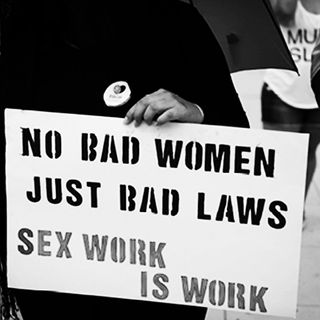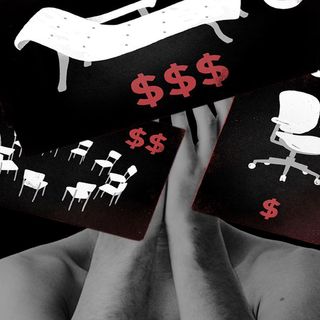This time will be different. Or will it? According to an almost decade-long study of 554 people, published in the Journal of Family Psychology, it’s more likely to be the same. The study found new and past relationships had the same dynamics after the new relationship’s honeymoon phase ended. This could be good or bad — good if the same healthy patterns from previous relationships repeat, bad if the not-so-healthy patterns repeat.
“Although some relationship dynamics may change, you are still the same person, so you likely recreate many of the same patterns with the next partner,” said Matthew Johnson, lead author of the study and a researcher at the University of Alberta, in a statement.
Researchers surveyed partners at four different points: a year before the first relationship ended, the year when the first relationship ended, a year into a new relationship, and the second year of the new relationship. They reviewed seven factors, including relationship satisfaction, frequency of sex, ability to open up to a partner, expressing appreciation for each other, and confidence in the longevity of their relationship.
Related on The Swaddle:
Our Attachment Style in Relationships is the Same Online and Off
All factors remained the same in both relationships except two — frequency of sex and appreciation for each other. A relationship close to its end and a new relationship past its honeymoon phase had the same relationship dynamics. While the frequency of sex increased in the new relationship, sexual satisfaction remained the same across old and new relationships.As for appreciation, Johnson believes it is bound to change due to the fact that it is reliant on the other partner rather than oneself.
“Things get worse as a relationship ends, and when we start a new one, everything is wonderful at first, because we’re not involving our partner in everyday life like housework and childcare. The relationship exists outside of those things,” Johnson said.
Repeating negative patterns in a new relationship could also mean that people are either not aware of their old mistakes or have not learned from them. The study also showed that people who experienced more negative emotions, in general, had a bad time with new relationships — with lower satisfaction, appreciation, frequency of sex, and more conflict.
“Just starting a new partnership doesn’t mean things are going to be different. This research shows that chances are, you are going to fall into the same patterns in many aspects of the relationship. Even if things are different, they’re not guaranteed to be better,” Johnson said. He added, “Who you are matters, and addressing personal issues is going to be very impactful on whether you’ll be successful in your relationship or not.”




